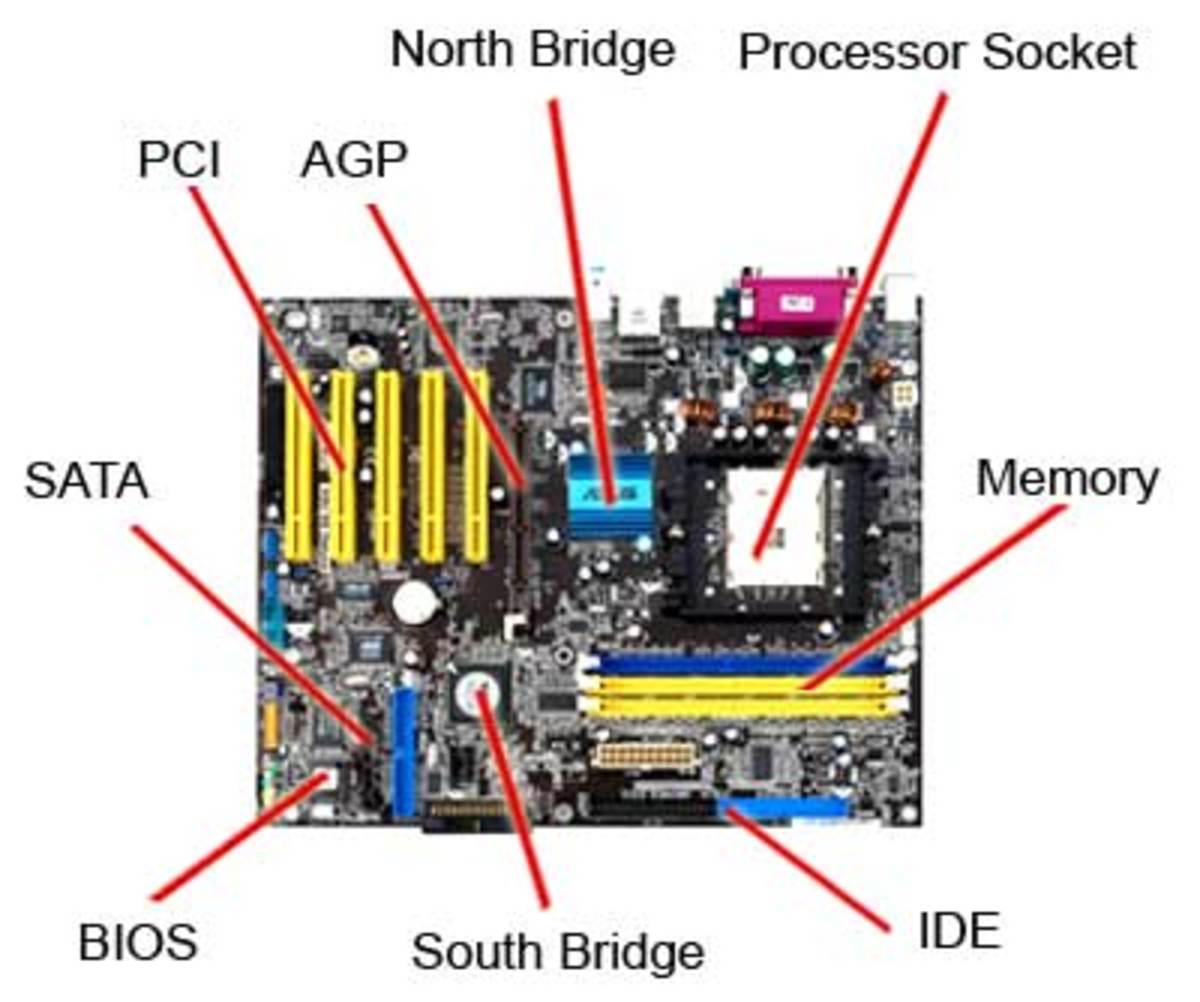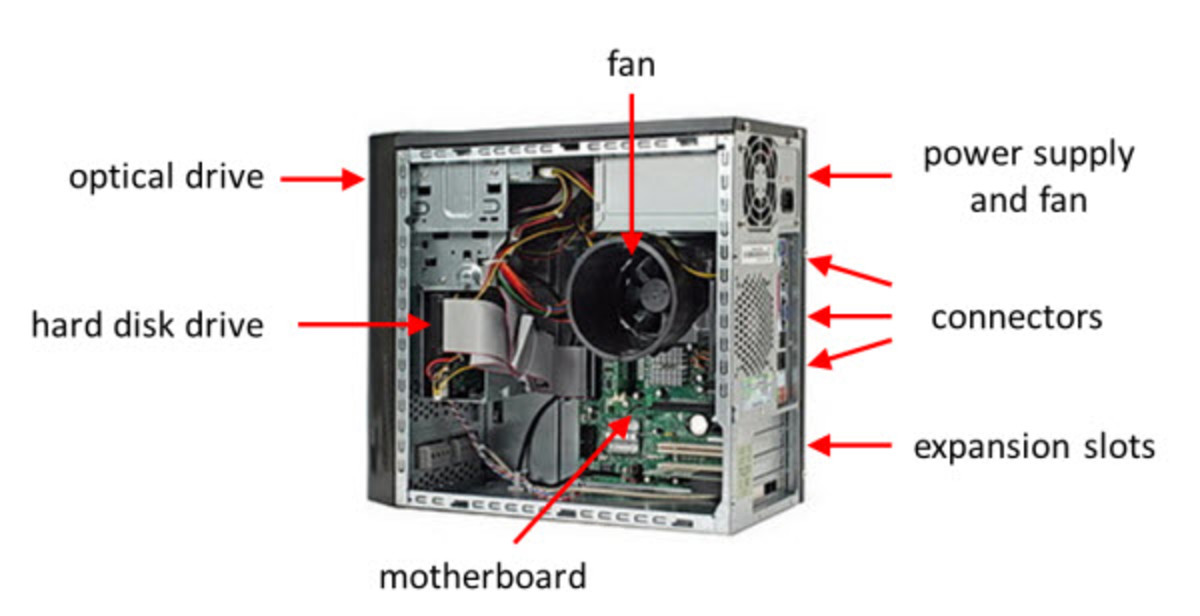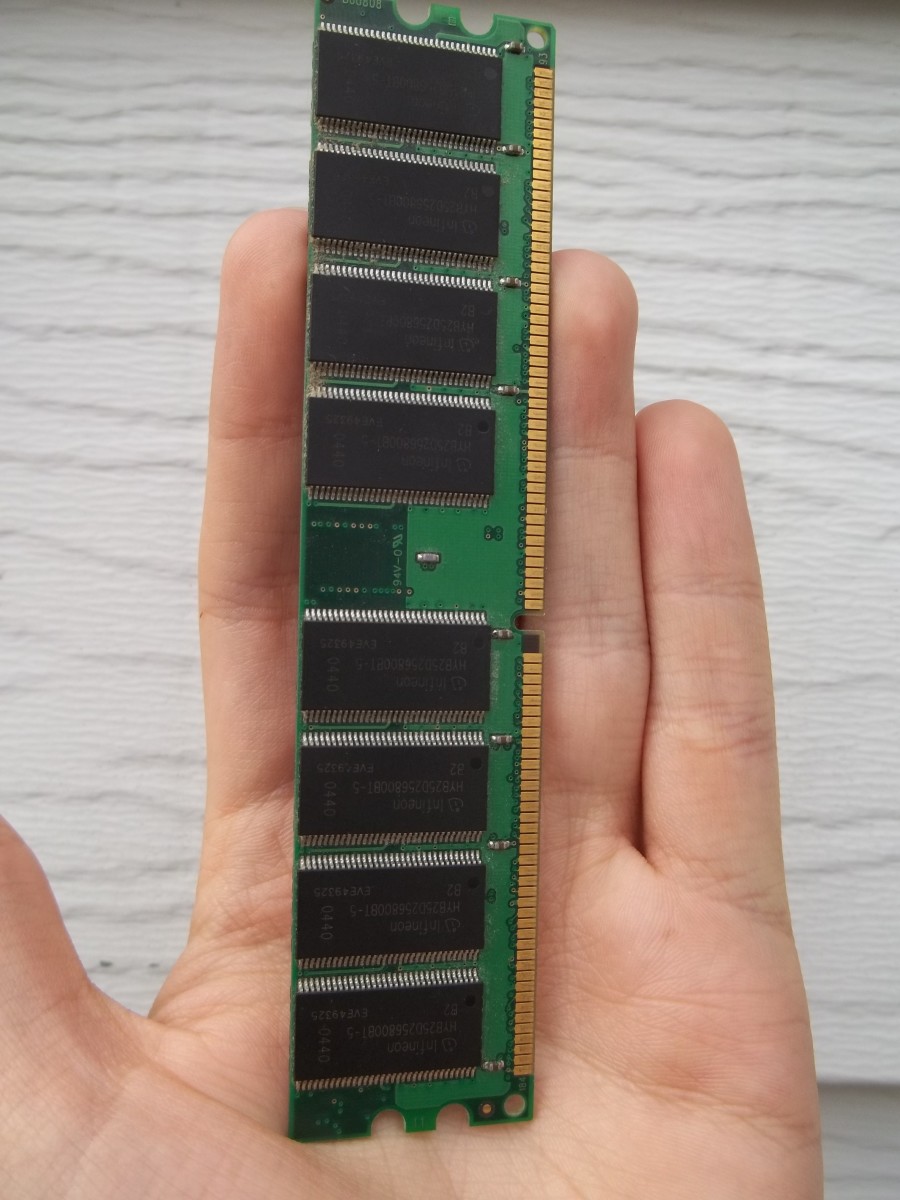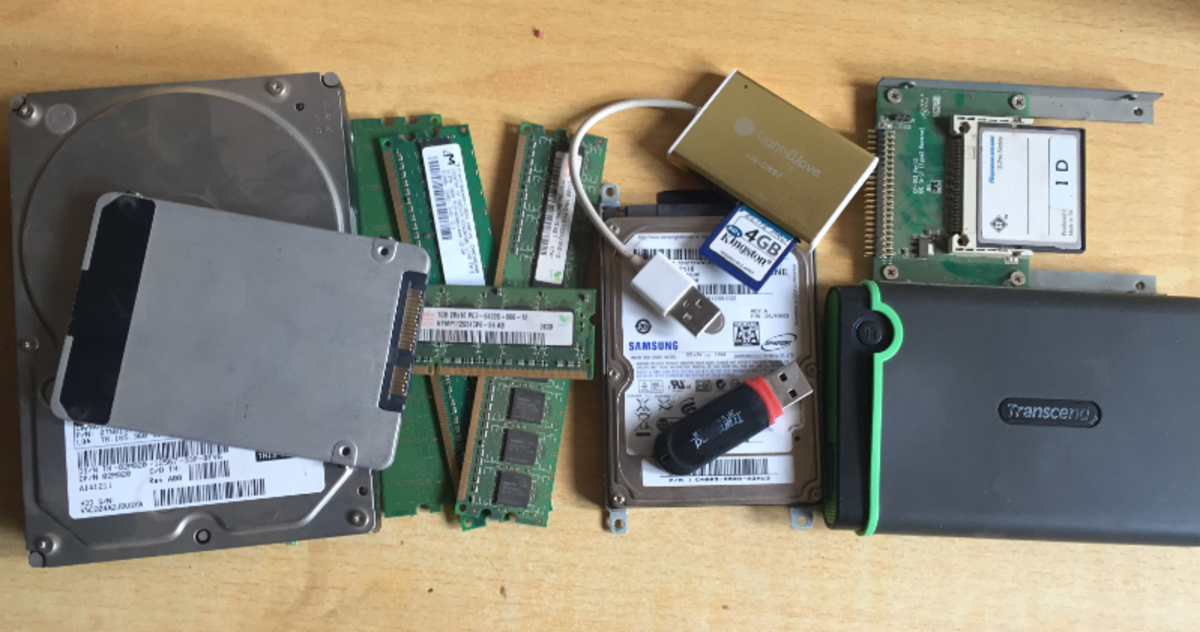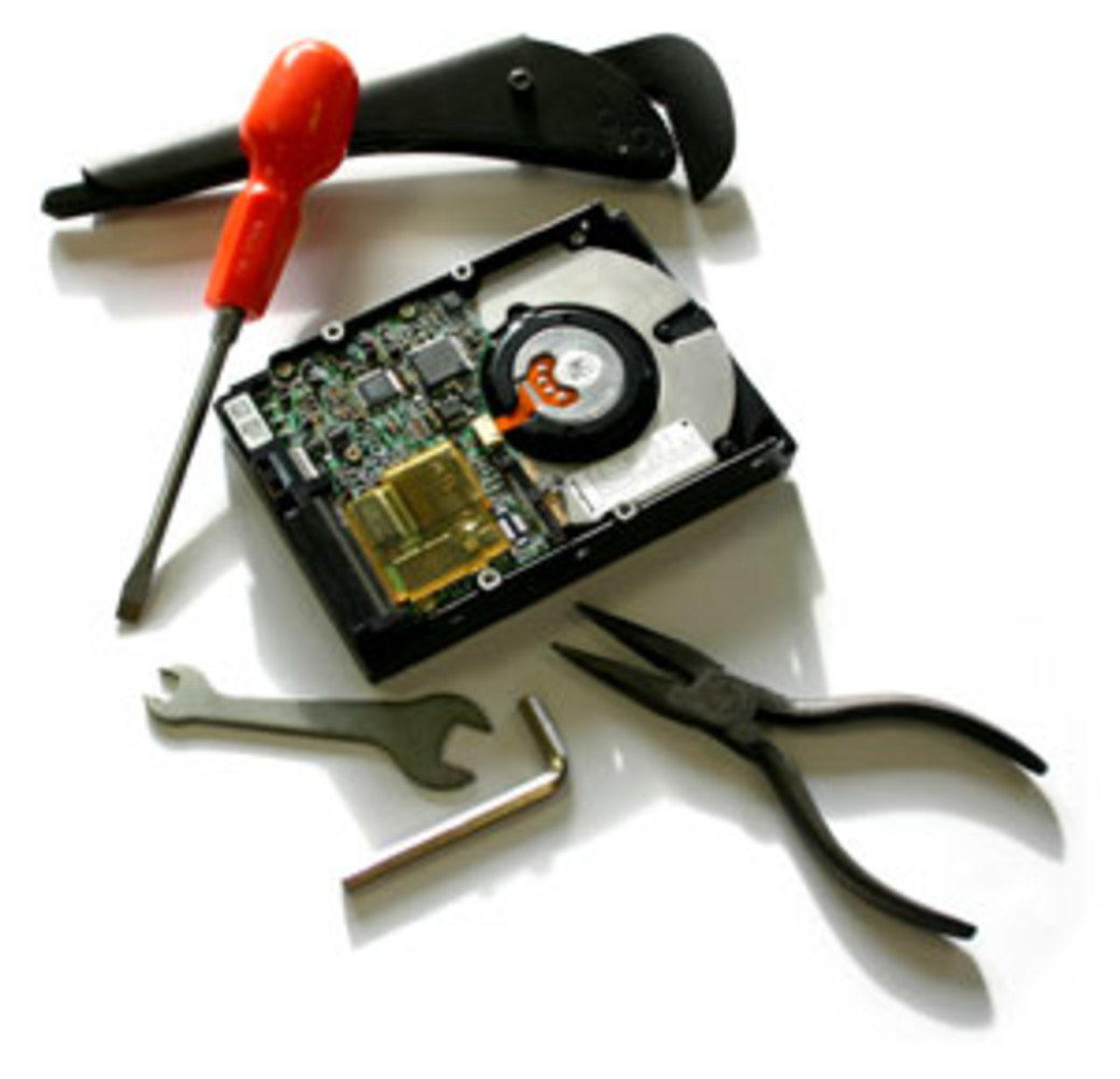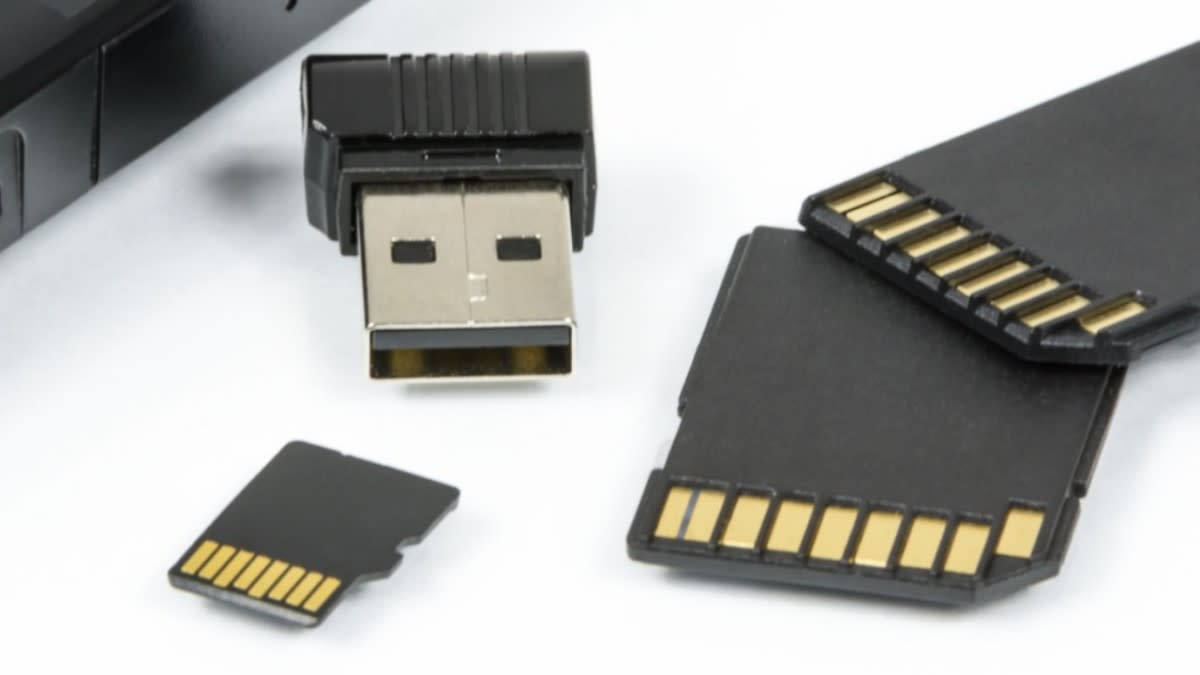- HubPages»
- Technology»
- Computers & Software»
- Computer Hardware
RAM and it's Importance

What is RAM?
Ram or Random Access Memory is just one of four categories of memory storage used by computers today. Other types of Memory include virtual memory, read only memory or ROM and electrically erasable programmable read-only memory or EEROM. Ram is the one of the most expensive parts of a computer next to the processor and while in the market to purchase a new computer, RAM capacity is the second most important factor in the decision next to processor speed. RAM itself is, much of the time, several small chips or circuit boards that connect to the motherboard inside a computer system. Each motherboard contains a certain amount of slots for holding the data stored by the RAM and the numbers of slots are determined by the manufacturer. Every computer is available with RAM pre-installed but most manufacturers will leave extra slots for user added RAM. If you want to find out how many extra slots are available for your computer system and what kind of RAM to buy, the manufacturers of the computer or motherboard will usually have this information available for public use so it is best to contact them when upgrading.
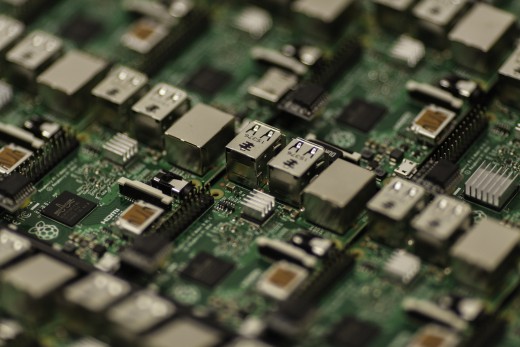
How Does Ram Work?
Random Access Memory holds temporary data, such as program instructions, and data waiting to be processed, printed or displayed, in circuitry that is connected to the motherboard. RAM needs electrical power to hold data, therefore; if the power on a computer is turned off, all the data held in the RAM will be permanently deleted. The RAM will reboot with the computer, ready for new data but any data previously in use will have vanished. The RAM does not hold data or information permanently and so it is reset every time the computer is switched off and on.
Why Do I Need RAM?
When you run a program it is transferred from the hard drive to the RAM. RAM is where data currently in use is stored at any given time. It is much like a hard drive but more temporary which enables increased speeds and a greater efficiency. RAM can run a program much faster and with better speeds than the hard drive and is one of the cheapest ways to boost the performance of any computer.
How much RAM do I need?
The amount of Ram needed will be dependent upon the software applications that you use every day or are planning to use. You can usually find information on how much RAM is required, from a computer system, to run the software listed on the packaging of the product. Most software products make this information known so you can easily decide if the product is right for you. You can also find out how much RAM is already installed on your computer by using the control panel and going to system and security. If more RAM is needed you can check with the computer or motherboard manufacturer to find out what type of RAM is best for your personal computer and what the limits are that they have set for adding more RAM to the system.
Is RAM Speed Important?
The RAM speed can decrease access time, or the time it takes the RAM to write or red data once it is received from the processor, and can generally, increase the overall speed and performance of a computer system. RAM speed is just as important as the capacity and the type. When looking at RAM speed it is best to keep in mind that it is usually found in nanoseconds, (abbreviated ns) and lower numbers are faster than high numbers. RAM speed can also be found in MHz, or clock speed, and is opposite of nanoseconds in the way that higher numbers are faster than lower.
Should I Get The Most RAM Possible?
RAM capacity makes a noticeable difference. The more RAM a computer comes equipped with, the faster it can operate meaning calculations and graphic operations take less time. You can run many more programs at once and the overall quality of the user experience is increased. In hindsight, you’ll have a faster, more efficient computer overall.
What happens when the RAM Becomes Full?
Random Access Memory does not ever become full, per say, but it can reach near capacity; this occurs when too many applications or large graphics and videos are running at one time. When The RAM reaches near capacity it will cause the system to lag. The computer will slow down response times to commands and it will not run as efficiently as it should. When the RAM reaches near capacity the virtual memory kicks in as a back-up and this can greatly decrease the performance of your machine and should be avoided if at all possible.
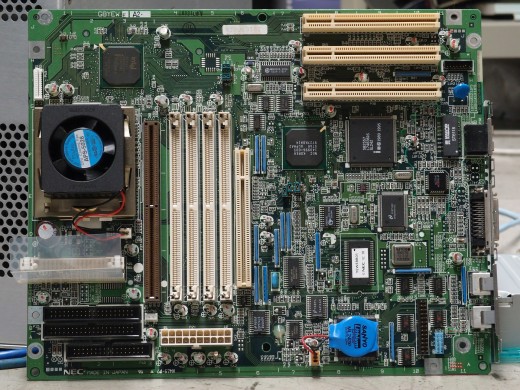
How Important Is RAM?
The Random Access Memory is one of the most important parts of a computer. It is used in the operation of your computer every time you turn it on and has a huge impact on the performance of your system, which software you can use and run, and how many programs your computer can handle at one time. When looking into buying a new computer the RAM capacity, speed, and its type, should be one of the biggest factors in your decision to buy the new system.
RAM is Simple
To summarize, Random Access Memory is nothing but a temporary holding area for data. Though it is such a simple concept, it is a core part of every computer system and can affect the speed and efficiency at which the computer is capable of running. It is directly related to the performance of the computer system and can greatly affect the computers overall price. When looking into upgrading or replacing your computer the RAM should be a considerable factor and you should be well educated on the topic before purchasing your next system. It is smart to get as much RAM as your needs demand, to ensure an optimal user experience and so you are able to avoid encountering technical issues. This is one area of the computer that should definitely not be ignored.


